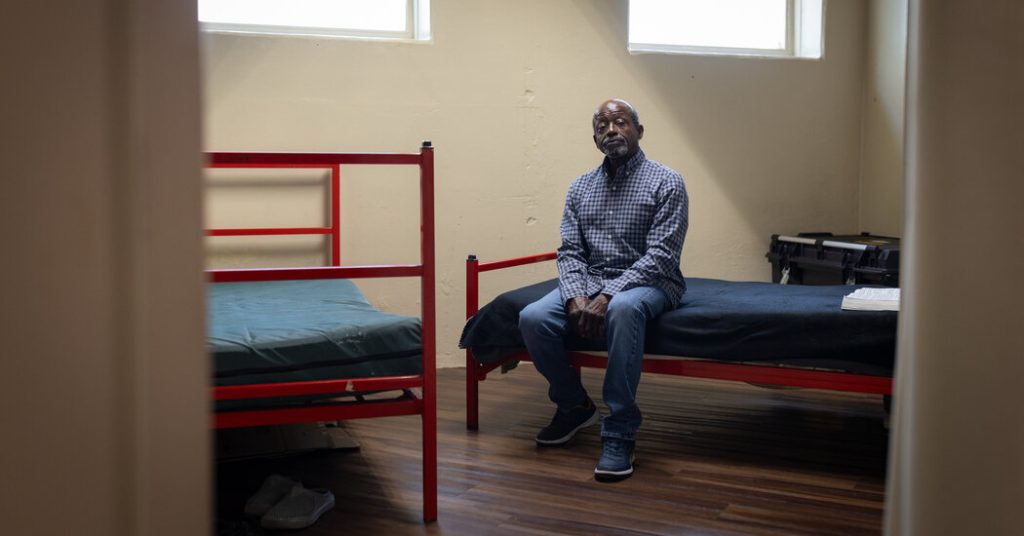Barry Dupree, a 64-year-old man who had struggled with drug addiction and homelessness for over 40 years, experienced a significant milestone in his recovery when he cast a ballot in the 2020 election. He felt like a human being and part of the world, with his voice being heard. Thousands of homeless individuals across Georgia and the country are able to vote with the proper identification, receiving election-related mail at various locations such as shelters, relatives’ addresses, temporary locations, or P.O. boxes. The majority of homeless voters prefer to vote in person.
A provision in a new election bill in Georgia may complicate voting for the state’s homeless population. The bill, which is awaiting Gov. Brian Kemp’s signature, requires election-related mail for those without a permanent address to be sent to the county registrar office. Homeless voters would need to visit the county registrar’s office to check their registration status, obtain information on polling locations, or request an absentee ballot. Advocates argue that this additional requirement can be burdensome for homeless individuals, especially considering issues with transportation and limited access to information.
The impact of the new legislation on the homeless population remains uncertain, and it is unclear if the changes also apply to people in domestic abuse shelters or temporary housing. Voter rights groups and homeless activists believe that the requirement for homeless individuals to make additional trips to the government office could create unnecessary challenges, particularly for those in rural locations with limited transportation options. The legislation’s sponsor, State Senator Max Burns, did not respond to requests for comment, and Gov. Kemp’s office is still reviewing the bill.
It is challenging to determine the exact number of homeless people who typically vote in Georgia. However, estimates suggest that there are thousands of homeless voters in the state, with some using homeless shelters as their address for voter registration. In the 2020 presidential race, the margin of victory was less than 12,000 votes, highlighting the potential impact of homeless voters on election outcomes. Despite criticism from activists, the new legislation primarily focuses on election administration, introducing new voting technology and provisions to challenge voter eligibility.
The Department of Housing and Urban Development estimated over half a million people experiencing homelessness in 2022. A study by the National Coalition for the Homeless found that roughly 10% of registered homeless voters cast a ballot in an election, compared to a significantly higher voter turnout among older adults. The new legislation has drawn criticism from activists who view it as an unnecessary attempt to restrict voting access based on debunked theories of voter fraud. Organizations like Fair Fight Action are working to promote civil engagement and encourage voter registration among homeless populations.
Individuals like William Dupree, a 70-year-old Army veteran who became homeless after being priced out of his apartment, face potential challenges due to the new bill’s requirements. While Gateway Center, a shelter in Fulton County, supports civil engagement and voter registration, residents like Mr. Dupree are concerned about the impact of rule changes on their civic participation. The ongoing debate surrounding the legislation reflects broader concerns about voting rights and accessibility for marginalized communities, underscoring the importance of ensuring that all eligible voters have the opportunity to participate in the democratic process.


